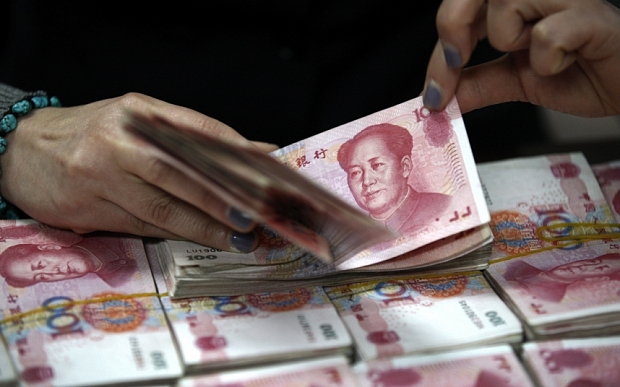Today we have some excerpts from the man who manages one of the world's most important currencies, Zhou Xiaochuan, governor of the People's Bank of China.

In January, offshore yuan also experienced bouts of rapid deprecation partly due to speculative investors betting on the currency to get weaker.
譯文屬可可英語原創,未經允許,不得轉載。











